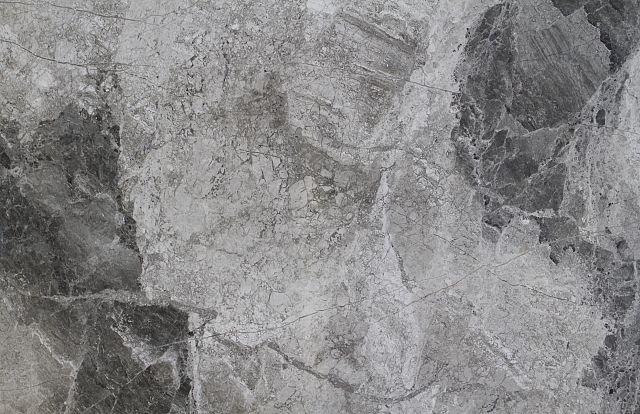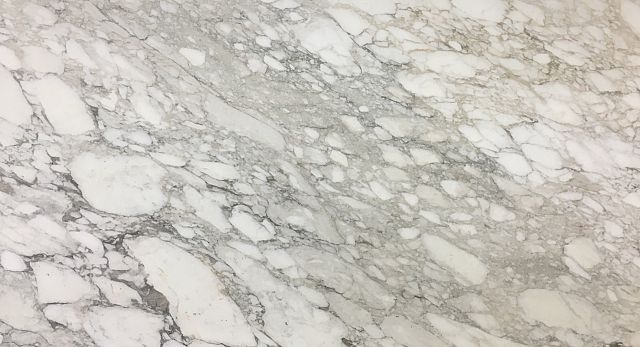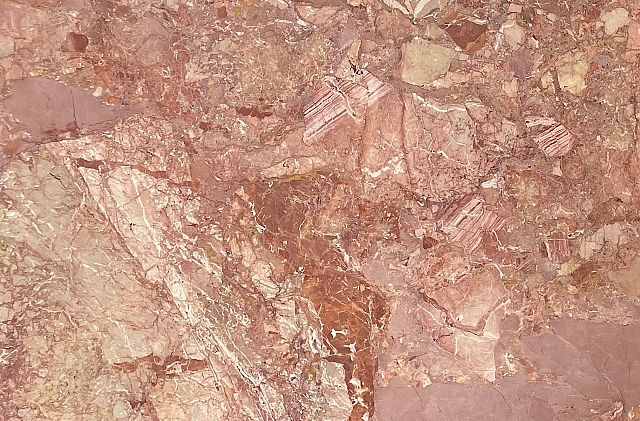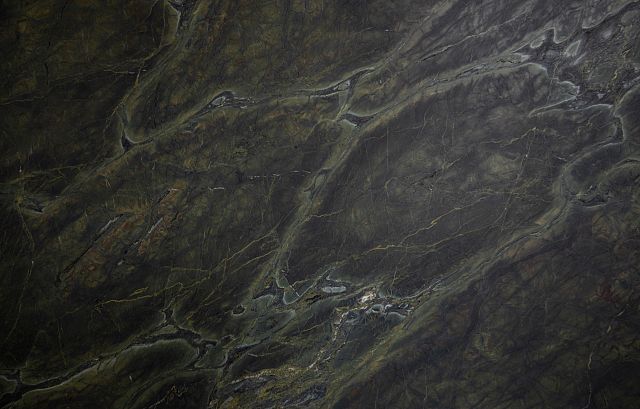Natural stone has been used for thousands of years. From Roman buildings constructed in travertine to today’s most enduring homes and public spaces, stone remains one of the most respected materials among architects and interior designers.
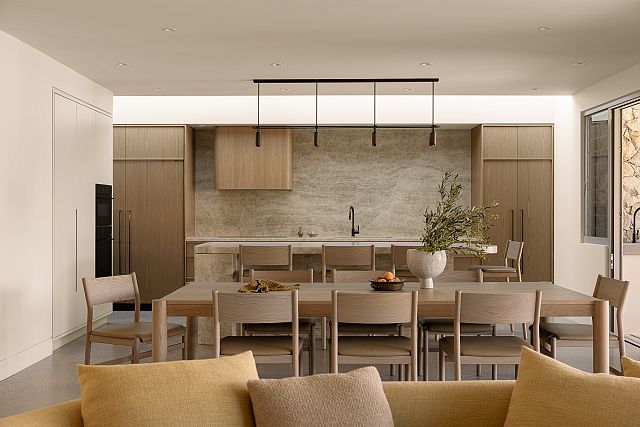
The Cornerstone of Kitchen Design
The kitchen benchtop is often one of the most crucial design considerations in any new project. The designer and client can frequently build the entire aesthetic for the home around its selection. Choosing the right material sets the tone for the space.
Navigating the Options: Durability Meets Beauty
There are many fantastic materials available for kitchen benchtops. Quartzites have become very prominent due to their durability and beauty. While marbles can be less durable, and granites potentially less aesthetically varied than many quartzites, there are options to suit different priorities. Porcelain panels also offer an incredibly durable surface, particularly useful in kitchens where issues like acid etching or staining are less of a concern due to porcelain’s non-porous nature.
The Three Considerations
When selecting a kitchen benchtop material, there are typically three key considerations:
- Price
- Aesthetics
- Practicality
Some clients prioritise aesthetics and are willing to sacrifice some durability for the perfect tone, while others need maximum resilience. With a vast range of products, it’s often possible to find something that satisfies all these categories.
The Selection Journey
The process often begins with a visit to an Artedomus showroom, where clients can touch and feel different finishes. Inspiration often comes from projects clients admire. Following this, a slab viewing at one of the warehouses with a consultant is organised. This is a critical step where the selection is narrowed down to the specific slabs that will be used.
Practical Details Matter
Careful planning is vital. The size of a kitchen island, for instance, should ideally match the size of the slab to avoid visually and practically challenging joints. It is particularly important to avoid placing a joint anywhere near a sink, as constant exposure to water can deteriorate the sealer and increase the risk of marking or staining.
Protection and Care
All natural stones should be sealed to provide an added layer of protection. While sealers are easy to maintain and replace, their longevity can be increased by using the correct cleaning products. pH neutral cleaners are essential for cleaning any stone surface, including kitchen benchtops, as acidic or caustic products can damage the surface and diminish the sealer’s effectiveness.


